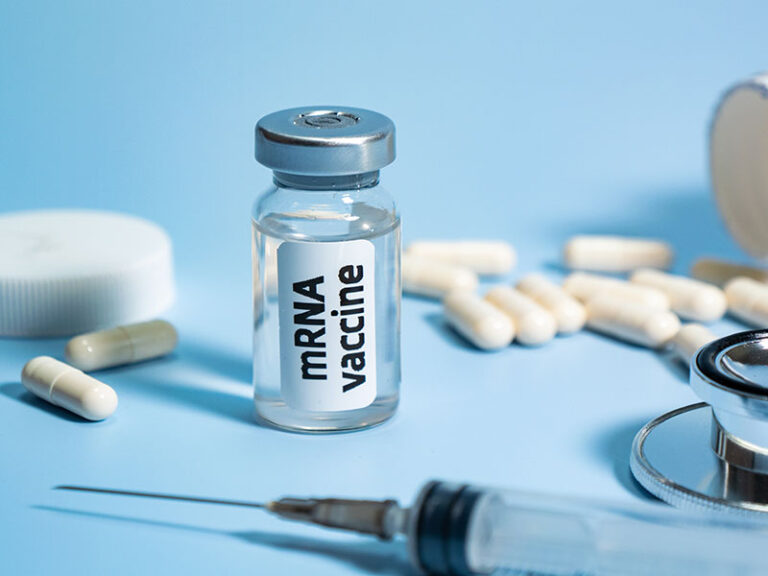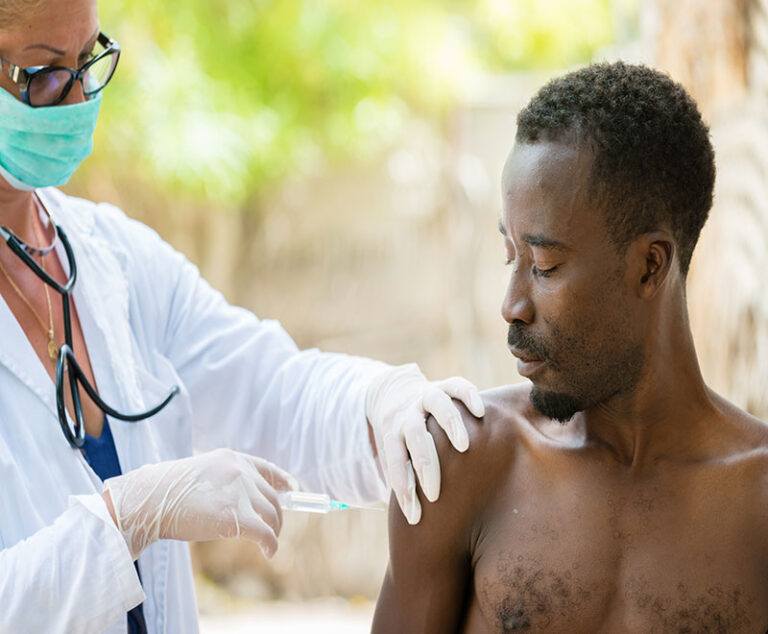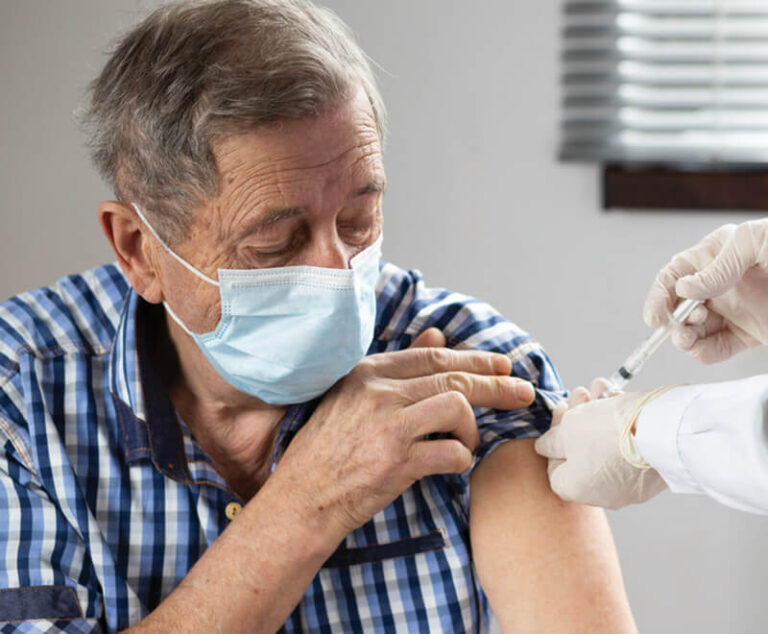Industry News
Research, Science & Manufacturer Updates
Vaccines Articles
New research led by investigators at Mass General Brigham suggests vaccination closer to 32 weeks of pregnancy, rather than the current guidelines of between 32 and 36 weeks, will better protect pregnant women’s newborns against respiratory syncitial virus (RSV).
An mRNA vaccine has entered human trials as a treatment for lung cancer. Unlike traditional cancer vaccines such as the HPV vaccine, BNT116 is a therapeutic cancer vaccine designed to reduce tumor growth in patients with cancer or prevent its recurrence.
FDA has approved and granted emergency use authorization for updated mRNA COVID-19 vaccines (2024-2025 formula) to include a monovalent (single) component that corresponds to the Omicron variant KP.2 strain of SARSCoV-2.
The first influenza nasal spray vaccine that can be self-administered has been approved by the U.S. Food and Drug Administration (FDA).
A study by researchers at Washington University School of Medicine in St. Louis indicates next-generation vaccines that target a virus’s points of entry — the nose and mouth — may be able to contain the spread of respiratory infections and prevent transmission.
Inborn errors of immunity (IEI) increase morbidity and mortality risks, particularly from respiratory tract infections. Hence, vaccination becomes pivotal for IEI patients.
Researchers at the University of Wisconsin (UW) School of Medicine and Public Health are exploring the ideal vaccine booster strategy for immunosuppressed patients to protect those at higher risk of severe illness and complications from COVID-19 infection.
A new vaccine currently in development can effectively and affordably lower levels of “bad’ cholesterol in the body, a health problem that affects almost two in five adults in the U.S.
A new vaccine may help speed up the process of making antibodies against SARS-CoV-2 by using preexisting immunity to a separate virus (the influenza virus).
A new cancer vaccine designed to detect and fight cancer cells without traditional cancer treatment is entering Phase III clinical trials.
A new study showed patients with confirmed Ebola virus disease were half as likely to die if they were vaccinated against the virus than if they were not.
A Phase I/II study evaluating the safety, tolerability and immunogenicity of Pfizer and BioNTech's mRNA-based combination vaccine candidates for influenza and COVID-19 among healthy adults 18 to 64 years of age show positive topline results.












